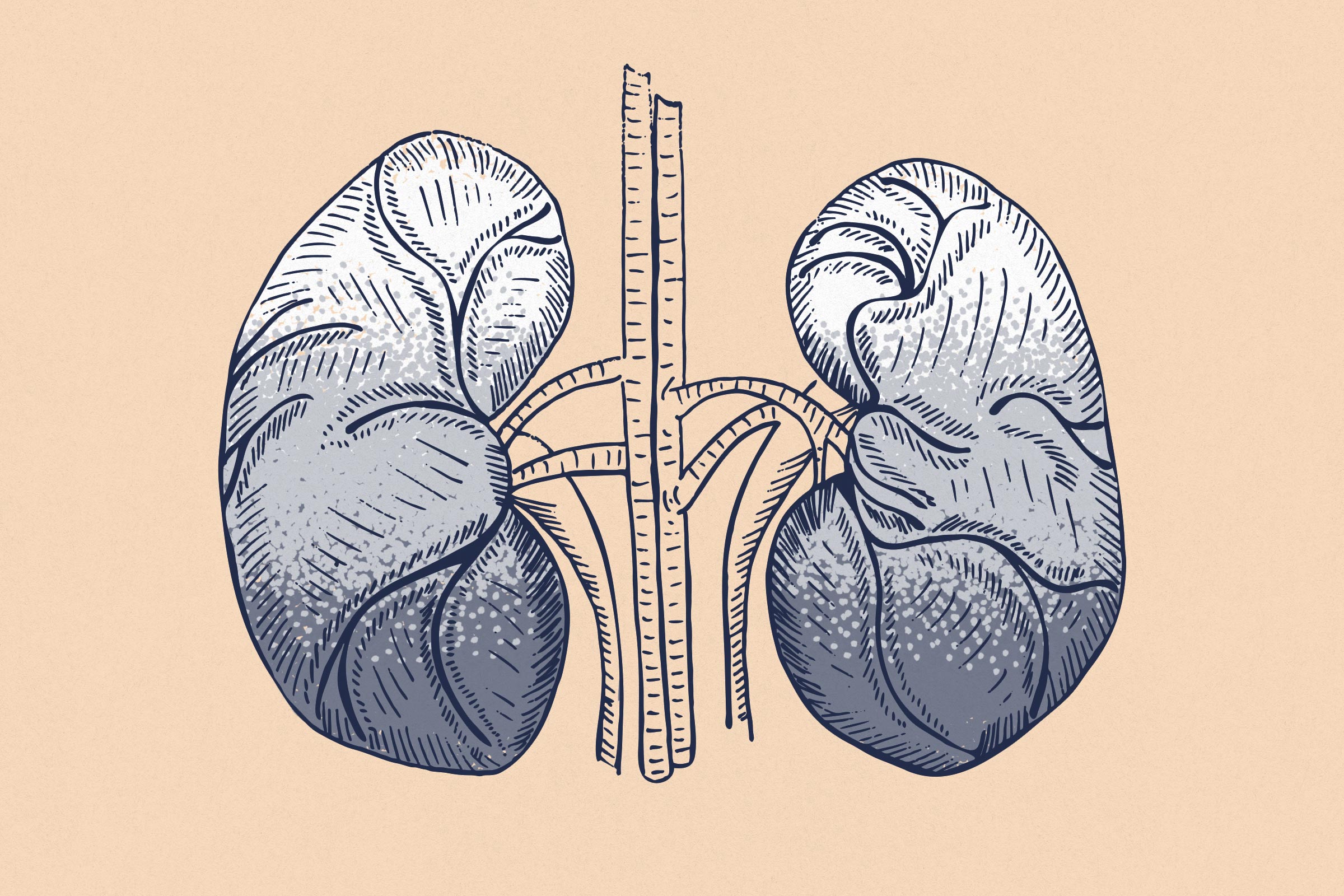Commonly prescribed drugs used to treat high blood pressure have been shown to, over time, wreck the kidneys’ ability to filter and purify blood, but exactly how that dangerous side effect unfolded has been a riddle. University of Virginia School of Medicine researchers say they’ve solved the mystery.
UVA researchers found that the drugs essentially rewire the kidneys to do something other than the important work of filtering blood. The kidneys start producing more of a hormone called renin; nerve endings grow excessively; cells lining the kidneys’ tiny blood vessels get too large; scars form and spread; and inflammation sets in, which “can take a terrible toll on the kidney,” according to a UVA Health news release.
The result, outlined in the researchers’ new paper in the journal Circulation Research, is a “silent but serious” vascular disease where the kidneys become zombie-like, changing into something unwanted and unwelcome while abandoning their critical duties.
The research was centered on rodents and would need to be duplicated in human trials. In the meantime, doctors urge patients not to stop taking the blood-pressure medicines – which have a decades-long safety record and can help prevent heart disease and stroke – without consulting their health-care providers.
Now that they know the cause, researchers say the next step is to figure out how to use the effective blood pressure drugs known as renin-angiotensin system inhibitors – often called RAS inhibitors – while stopping the kidney-damaging effects.
“The most commonly used and believed-to-be-safe blood pressure medications may be damaging the kidneys,” Dr. R. Ariel Gomez of UVA’s Child Health Research Center said. “We need to accurately understand the effects of long-term use of RAS inhibitors on the kidneys.”
RAS inhibitors are commonly prescribed when a patient is first diagnosed with high blood pressure, a condition that affects 120 million people in the U.S., or nearly half of the adult population, according to the Centers for Disease Control and Prevention. High blood pressure can cause heart attacks, strokes and other vascular diseases.










